China has slowly started to unwind its emergency pandemic stimulus. Yi Gang, the governor of its central bank, the People’s Bank of China recently reiterated that monetary policy should balance growth against financial risks.
How does monetary policy get set in China?
It’s institutional design in the context of the Party – state is very different from that in developed economics.
So, who sets monetary policy in China?
It’s not the central bank. The ultimate authority that has control and determines China’s exchange rate and interest rate policy is the State Council, China’s cabinet.
In that sense the PBoC is more of a conduit of monetary policy. It is not an independent central bank in the sense of the Western central banks. The PBoC and the State Council have an understanding as to how this arrangement should work in practice. The details of that are not made public, though.
The Monetary Policy Committee in China is also a different beast. It’s more of a consultative body. So, changes to monetary policy could happen, and often do happen, outside of the regular quarterly meetings of the NPC at the PBoC.


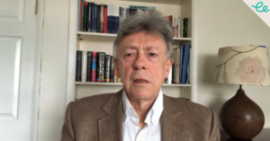
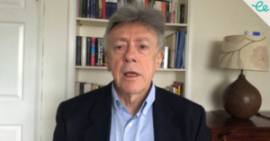

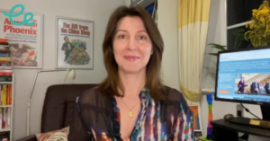
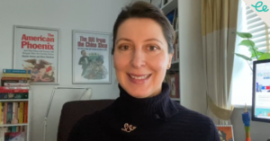
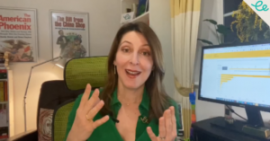

Comments are closed.